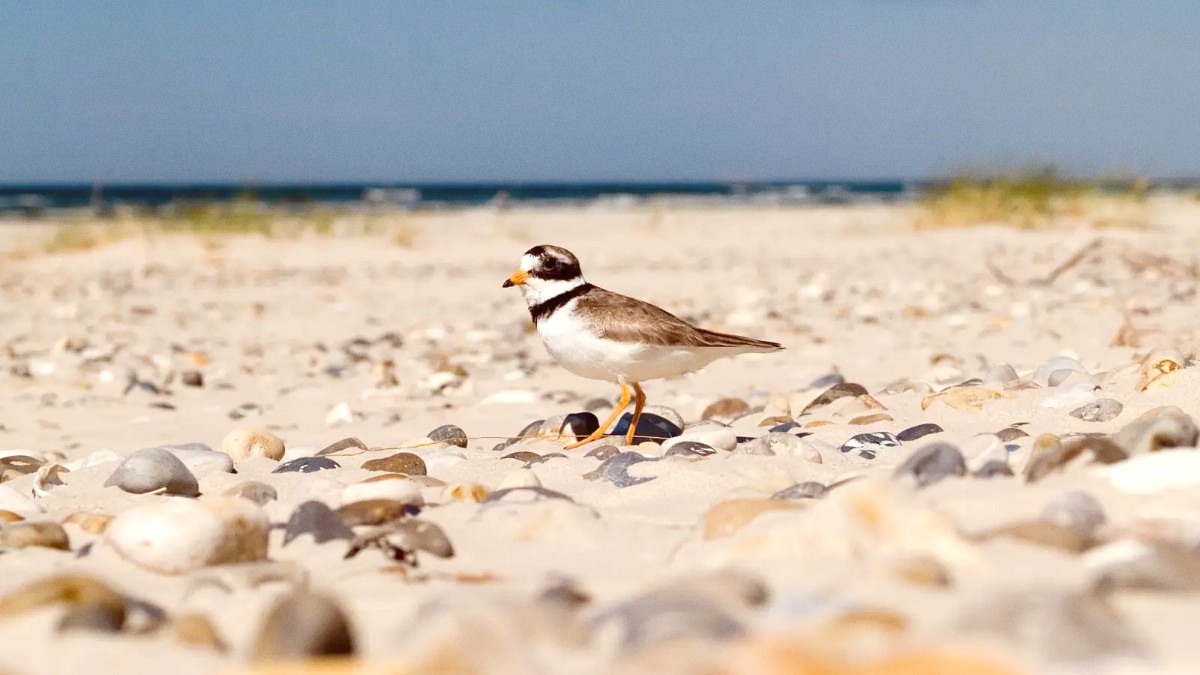
Burundi's cuisine mirrors its agricultural background, with staple crops forming the base of most meals. Fish from Lake Tanganyika forms a significant part of the diet. The food is prepared with natural flavors shining through, spices used subtly.
Staples: Maize, beans, plantains, sweet potatoes, cassava. Proteins: Mukeke, Ndagala (fish), beef, goat, chicken. Vegetables: Leafy greens, tomatoes, onions. Fats: Palm oil. Spices: Mild, often groundnuts for thickening.
More fish-centric, with fresh catches like Mukeke and Ndagala daily.
Diet heavier on beans, root vegetables (sweet potatoes, cassava), and meat stews.
Breakfast (light), Lunch (often main meal), Dinner (smaller version of lunch).
Stiff porridge from cornmeal or cassava flour, served with stews. Use your hand to scoop and form it to pick up food.
Found in virtually every local restaurant.
Mashed cassava leaves, cooked with palm oil, onions, groundnuts, sometimes fish or meat. Hearty and nutritious.
A common dish across the country.
Mukeke: firm white fish from Lake Tanganyika, grilled, fried, or stewed. Ndagala: small, sardine-like fish, deep-fried crispy.
Lakeside restaurants in Bujumbura are best for fresh Mukeke.
Fruits and vegetables are plentiful and appear prominently in meals.
Specific dishes or larger feasts with roasted meat prepared for national celebrations or family gatherings.
Limited, mainly in Bujumbura within upscale hotels or independent restaurants catering to expatriates. They feature international cuisine (Italian, Indian, Chinese) alongside refined local dishes.
A growing number in Bujumbura, mix Burundian, East African, and international dishes. They offer comfortable dining.
"Restaurants Populaires": local, no-frills eateries serving large, hearty portions at low prices. Street food stalls: snacks like brochettes, sambusas.
Mainly in Bujumbura, a limited selection of international cuisine. Indian, Chinese, and some European (often Italian) restaurants are available.
These restaurants mainly cater to different tastes in the more developed parts of the city.
International options are very rare outside the capital.
Plan your international dining experiences while in Bujumbura.
Manageable with staples like beans, rice, ugali, plantains. Communicate clearly about animal fats.
Halal available in Muslim areas of Bujumbura. Kosher food is not readily available.
Awareness is low. Be prepared to self-cater or communicate clearly in French/Kirundi.
Carry a Translation card. Consider accommodations with kitchen facilities if needs are strict. Bring EpiPen if needed.
Awareness of gluten-free needs or specific food allergies is very low.
Focus on naturally gluten-free staples: rice, corn-based ugali (ensure no wheat flour), fresh fruits, vegetables. Always verify ingredients.
Carry a Translation card stating restrictions in French/Kirundi. Point to ingredients. Consider staying in accommodations with kitchen facilities for strict needs.
If severe allergies, bring an EpiPen and a doctor's letter translated into French.
Be adventurous with local dishes.
Freshly fried Mukeke fish, a popular delicacy from Lake Tanganyika.
Visits to coffee or tea plantations in the interior are possible through local guides.
Observing traditional food customs and dishes at local harvest or community celebrations.
Dining at a lakeside restaurant in Bujumbura with a view of Lake Tanganyika. This ambiance, especially at sunset, is unique.
The image depicts "Freshly fried Mukeke fish, a popular delicacy from Lake Tanganyika."
This dish truly captures the essence of lakeside dining in Burundi.
The image for Section 7 illustrates the culinary experience around Lake Tanganyika.
It serves as a visual invitation to taste local specialties.
Learning a few basic Kirundi phrases (e.g., "Mwaramutse" for hello, "Urakoze" for thank you) greatly improves local interactions.
When buying from markets or street vendors, polite bargaining is part of the shopping experience.
When venturing out in Bujumbura at night, always go with company and opt for reliable taxis.
Engaging with Burundian food culture beyond just eating will lead to insight into local life.